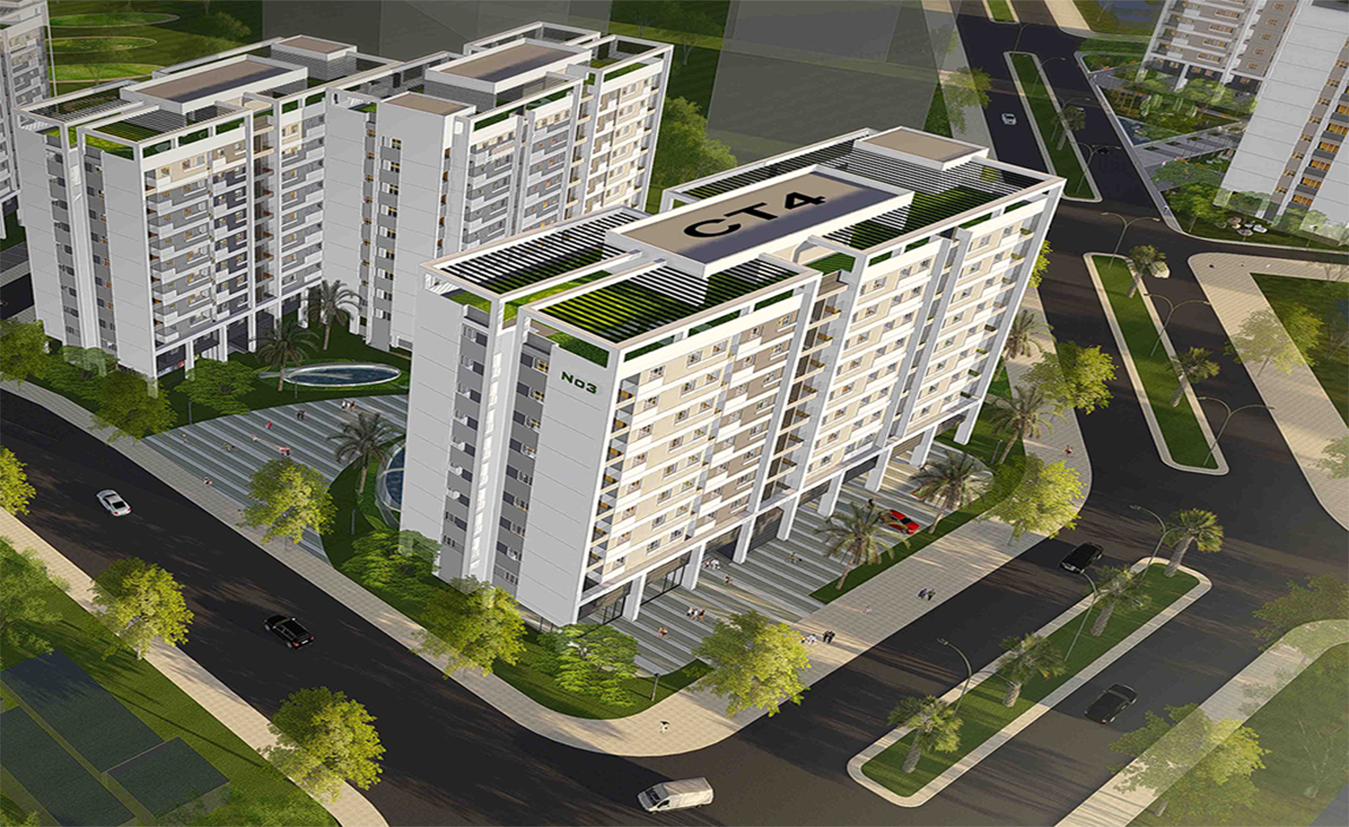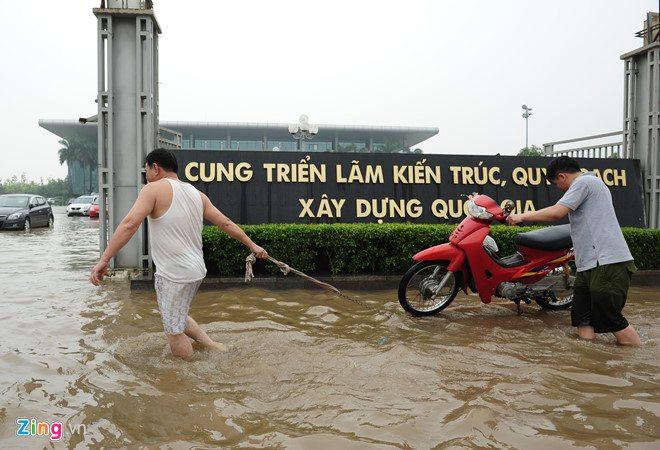Aiming to better ensure the rights and legitimate interests of individuals whose land is acquired, to overcome inadequacies and harmonize the interests among the State, land users, and investors, as well as to minimize complaints regarding compensation and site clearance, the Land Law of 2013 continues to inherit and codify provisions that remain appropriate and have been put into practice from the Land Law of 2003. Simultaneously, it has amended and supplemented a number of new provisions to resolve the limitations and inadequacies of the Land Law of 2003, bringing the policies on compensation, support, and resettlement stipulated in Resolution 19/NQ-TW into practice.

A summary of key innovative contents regarding compensation and land clearance regulations in the Land Law of 2013 compared to the Land Law of 2003 is outlined as follows:
1. Stipulating the principles of land compensation when the State recovers land
The compensation, support, and resettlement regulations when the State recovers land in the Land Law of 2003 were, in practice, unable to institutionalize and convey all the principle-based stipulations for uniform implementation when addressing complex issues arising in the reality of land recovery, compensation, support, and resettlement in localities, ministries, and central authorities. To overcome this limitation, the Land Law of 2013 has separated the principles of land compensation and the principles of property damage compensation, production, and business cessation when the State recovers land into two distinct articles (Article 74 and Article 88). Specifically, it detailed the principles of land compensation and the principles of property damage compensation connected to the land when the State recovers land for ministries, central authorities, local authorities, and the land recoverers to uniformly implement:
“Principles of land compensation when the State recovers land (Article 74 of the Land Law)
- Land users whose land is recovered by the State, if they meet the conditions for compensation stipulated in Article 75 of this Law, shall be compensated.
- Compensation shall be made by allocating land with the same use purpose as the recovered land type; if there is no land for compensation, cash compensation shall be provided at the specific land price of the recovered land type determined by the provincial People's Committee at the time of the recovery decision.
- Compensation when the State recovers land must ensure democracy, objectivity, fairness, transparency, promptness, and in accordance with the law.”
“Principles of property damage compensation, production, and business cessation when the State recovers land (Article 88 of the Land Law)
- When the State recovers land and the legal property owner attached to the land incurs damage, compensation will be provided.
- When the State recovers land and organizations, households, individuals, Vietnamese residing abroad, and foreign-invested enterprises have to cease production or business and incur losses, they will be compensated.”
2. Specific regulations and clarifications on the conditions for land compensation when the State recovers land for defense, security purposes; socio-economic development for national, public interests for each category of subjects whose land is recovered by the State
The Law adds two cases where compensation for land is provided when the State recovers land as stipulated in Article 75, specifically:
- Additional compensation for cases of land use leasing with one-time land rent payment for the entire lease period, ensuring equality between land users renting land with a one-time rental payment for the entire lease period and those assigned land with land levy (with the same financial obligations).- Additional compensation for religious establishments and community groups using land not allocated or leased by the State, having a Land Use Right Certificate or meeting conditions to be granted the Land Use Right Certificate, house ownership, and other properties attached to the land under this Law but have not yet been issued.
This is one of the new points of the Land Law of 2013 which the Land Law of 2003 did not clearly regulate. These regulations will resolve obstacles in compensation and land support for land areas used by religious establishments for agriculture, forestry production, non-agricultural business production, charitable operation, not allocated by the State, originating from legal transfer, gift, or reclamation before July 1, 2004.
Source: tnmtphutho.gov.vn
 Article table of contents
Article table of contents









